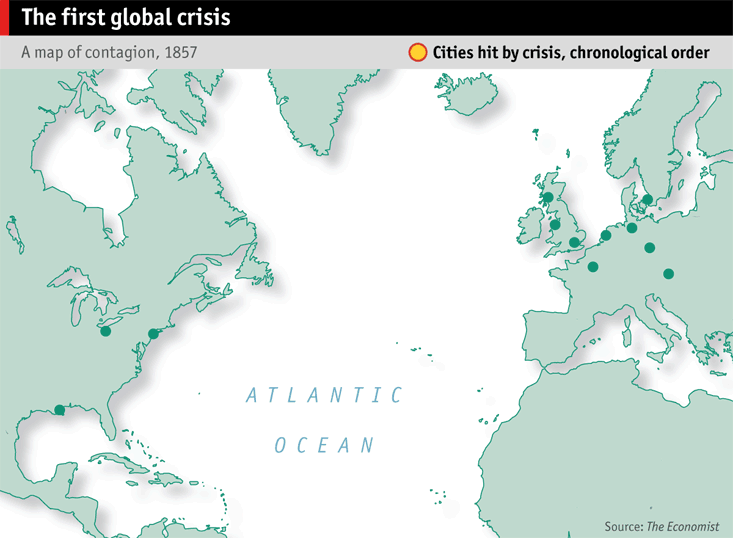5 Ways To Make Your Resume Fail In The Finance Industry
Post on: 16 Март, 2015 No Comment

NOTE FOR RANDOM INTERNET VISITORS: If you just landed on this article and you are NOT interviewing for entry-level investment banking or private equity roles, PLEASE IGNORE THIS STUPID ARTICLE .
This entire site, and this article specifically, are dedicated to the finance industry .
Therefore, if you are applying for roles such as marketing, sales, technology, customer service, etc. and you are NOT in the finance industry, this article will NOT be relevant for you.
The standards below describe specifically what employers of entry-level professionals in investment banking, primarily, are looking for. So if that does NOT describe you, please navigate away from this article as it simply does not apply to you.
With recruiting season upon us, Ive seen a huge increase in resume review volume and general questions on resumes lately. Despite my previous articles on investment banking resumes and private equity resumes. I still see many basic mistakes that can be corrected quite easily.
If youve got multiple pages, Ill tell you one thing you dont got: an interview. Because if I see more than one page on your resume, its going straight to my not pile.
I dont care if you have 10+ years of experience in consulting and finance and even started your own clock manufacturing company; if youre applying to junior-level positions and your resume is over a page, its unacceptable.
Ive reviewed hundreds (possibly thousands) of resumes over the years and have yet to see a single example of an Analyst or Associate applicant who truly needs more than a page.
In fact, Ive even reviewed VP-level resumes and in most cases, multiple pages are still unacceptable.
Only if youre a Managing Director or C-level executive would a multi-page resume be appropriate.
If you cant reduce your resume to a single page, you need to cut out less relevant experience. If youve already worked at Blackstone, no one cares about your part-time job at the library trust me.
2) Objective: Get Rejected
Whenever I see an Objective section on a resume, I mentally replace Obtain an Investment Banking Analyst position with Reject me! I really dont want this job!
Objectives are redundant because everyone knows what your objective is: to get a job in finance.
If youre from a non-traditional background a Ph.D student who wants to move into M&A, for example you might think an Objective is necessary to show recruiters what youre doing.
If youve done your job correctly, though, you have already presented your story in-person to recruiters and to your contacts at banks, so theres no need to reiterate it on your resume. And you should have already bankified your experience such that its clear youre not looking for a post-doc research position.
Your experience and interactions with industry contacts should demonstrate what your objective is.
3) Fluent in English
I see this one mostly with international applicants. If your resume is in English, please dont remind us again that youre fluent in the language.
For most finance jobs you need to be native speaker-level in the language youre working in; the precision required is simply too high for anything but absolute fluency to suffice.
If your resume is in English, I assume you are fluent in the language. By writing it on the resume, you raise questions over how good you are and whether or not you know enough to write 50+ page documents.
Of course, if your resume is in Chinese or Arabic or Spanish and youre applying for a local office that uses a language other than English, feel free to write this.
4) High School Valedictorian
I dont care whether you were Urkel or whether you were Fonzie in high school, and no one else does either.
Maybe if youre still a freshman or sophomore and youre applying to banks you can list high school information. But for anyone older, avoid listing high school information like the jocks avoided the nerds in high school.
It takes up valuable space and prevents you from writing about what really matters work and leadership experience, and why youre fit to be a financier.
If you went to a prestigious high school (Andover / Exeter) with many alumni in banking, you might want to list high school information for networking purposes, but in all other cases avoid it.
5) Proficient in Word, Excel and PowerPoint
This is another case where I do a mental replacement I swap Proficient in Word, Excel and PowerPoint for Proficient in Breathing Oxygen and then wonder what the person was thinking.
Of all the gaffes listed here, this one might be the most common in resumes Ive reviewed. This alone is not enough to sink your resume, but I do think you look silly listing programs that virtually everyone who has worked in an office before knows how to use.
If you know a programming language such as C++ or Java, go ahead and list those; advanced statistical and financial analysis programs are also fine to list.
Just as with Fluency in English, I assume you are fluent in Word, Excel and PowerPoint. So dont re-assure me.
NOTE FOR RANDOM INTERNET VISITORS: If you just landed on this article and you are NOT interviewing for entry-level investment banking or private equity roles, PLEASE IGNORE THIS STUPID ARTICLE .
This entire site, and this article specifically, are dedicated to the finance industry .
Therefore, if you are applying for roles such as marketing, sales, technology, customer service, etc. and you are NOT in the finance industry, this article will NOT be relevant for you.
The standards above describe specifically what employers of entry-level professionals in investment banking, primarily, are looking for. So if that does NOT describe you, please navigate away from this article as it simply does not apply to you.














